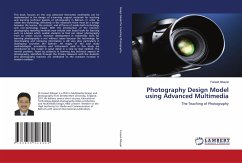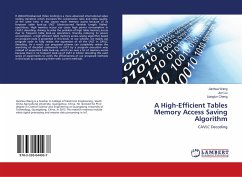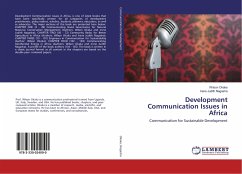In wireless sensor networks (WSNs), secret shared keys must be established with the neighbouring nodes in order to achieve secure communication. Key management and security are the challenging issues in WSN. Location dependent key management (LDK) is a suitable scheme when compare to other location based key management schemes because of large memory space requirement and more number of keys to be stored on each sensor node. However, the LDK is affected by communication interference problem which is solved by the key is distributed based on trust model. The key update and revocation processes to effectively resist inside attackers. The proposed method can increase connectivity while decreasing the compromise ratio when the minimum number of common keys required for key establishment. Trust models have been proposed as an effective security mechanism for WSNs.








